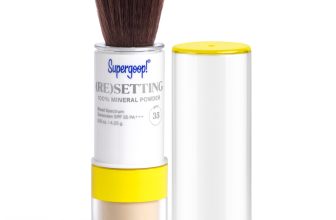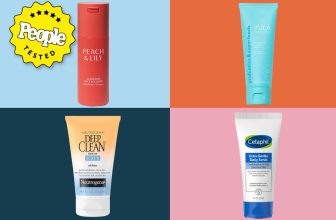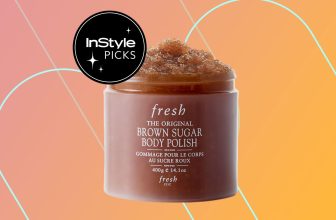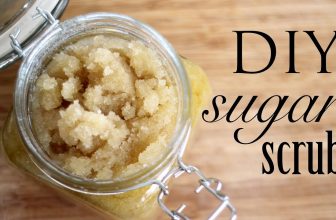Skin Better Sunscreen
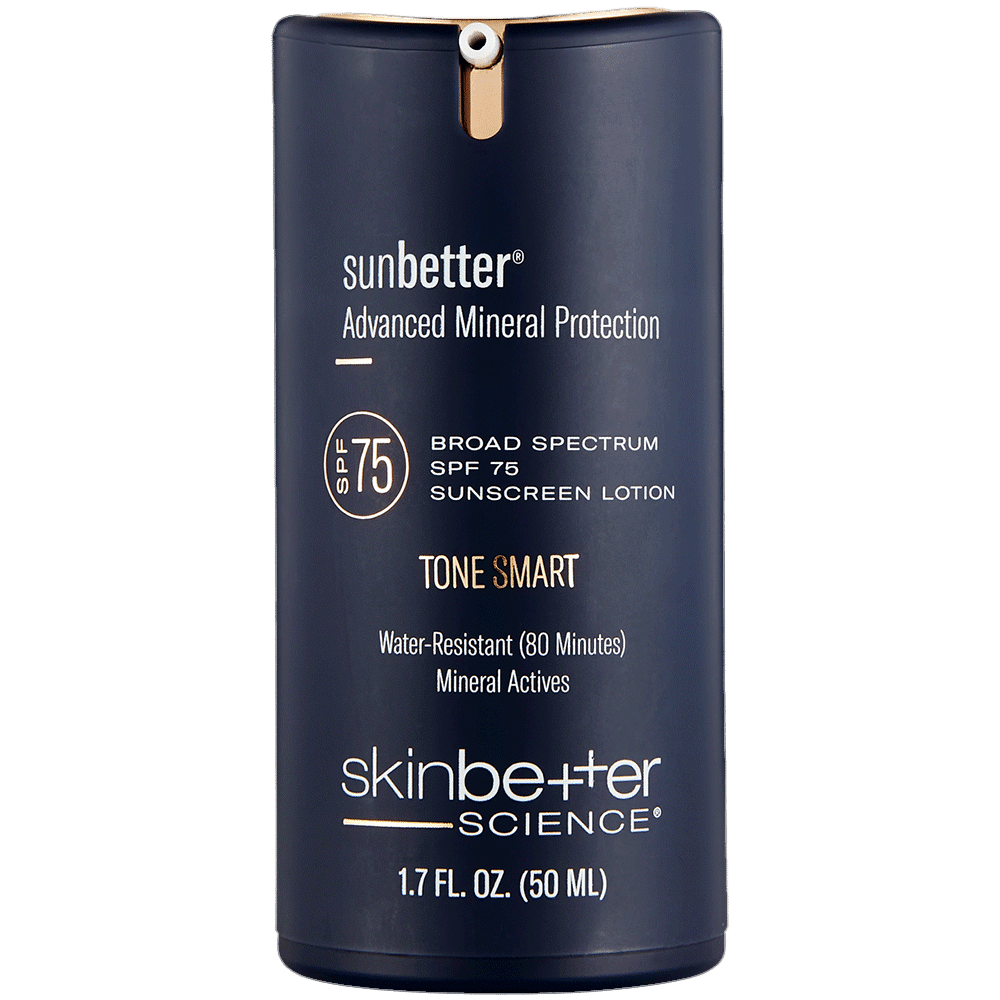
Skin Better Sunscreen offers high-quality protection against harmful UV rays for all skin types. With its advanced formula, it provides broad-spectrum coverage and is suitable for daily use.
Developed by skincare experts, Sunscreen is lightweight, non-greasy, and easily absorbed, making it ideal for everyday wear. Its non-comedogenic properties make it perfect for those with sensitive or acne-prone skin. Whether you’re heading to the beach or just running errands, Skin Better Sunscreen is a reliable choice for keeping your skin safe and healthy.
Introduction To
Why Sun Protection Is Crucial
Sun protection is essential to prevent skin damage and reduce the risk of skin cancer.
Key Benefits Of Using Skin Better Sunscreen
Using Skin Better Sunscreen offers superior protection against harmful UV rays.

The Science Behind Skin Better Sunscreen
Active Ingredients And Their Functions
Skin Better Sunscreen contains a blend of active ingredients that work synergistically to provide superior sun protection. Zinc oxide and octinoxate are the key components, with zinc oxide offering broad-spectrum protection against UVA and UVB rays, while octinoxate absorbs and filters UVB rays to prevent skin damage.
How It Protects Against Uva And Uvb Rays
Skin Better Sunscreen leverages the power of zinc oxide and octinoxate to form a protective barrier on the skin’s surface. This barrier reflects and absorbs harmful UVA and UVB rays, effectively shielding the skin from sun damage. The combination of these active ingredients ensures comprehensive protection against both types of damaging rays.
Choosing The Right Spf
When it comes to protecting your skin from the sun’s harmful rays, choosing the right SPF is crucial.
Factors To Consider
- Skin type
- Time of day
- Amount of sun exposure
- Location
Recommended Spf Levels For Different Skin Types
| Skin Type | Recommended SPF Level |
|---|---|
| Fair skin | SPF 30-50 |
| Medium skin | SPF 15-30 |
| Dark skin | SPF 15 or higher |
Application Techniques
To apply Skin Better sunscreen effectively, use gentle, upward strokes to evenly distribute the product across the skin. Start with a small amount and layer as needed, focusing on areas prone to sun exposure. Be sure to follow the product instructions for optimal protection.
When it comes to protecting your skin from the sun’s harmful rays, applying sunscreen correctly is crucial. Skin Better Sunscreen is an excellent product that provides broad-spectrum protection against UVA and UVB radiation. However, even the best sunscreen won’t work if you don’t apply it correctly. In this section, we’ll discuss the best practices for applying Skin Better Sunscreen and common mistakes to avoid.
Best Practices For Application
To get the most out of Skin Better Sunscreen, follow these best practices for application:
- Apply sunscreen at least 15 minutes before sun exposure to allow the product to absorb into the skin.
- Use enough sunscreen to cover all exposed skin. As a general rule of thumb, use about a shot glass worth of sunscreen for the entire body.
- Reapply sunscreen every two hours or immediately after swimming, sweating, or toweling off.
- Pay special attention to areas that are often overlooked, such as the ears, back of the neck, and tops of the feet.
- Don’t forget to apply sunscreen to your lips. Use a lip balm with at least SPF 30.
Common Mistakes To Avoid
To ensure that your Skin Better Sunscreen provides the best protection possible, avoid these common mistakes:
- Not using enough sunscreen or missing spots.
- Applying sunscreen too late, when you’re already outside in the sun.
- Forgetting to reapply sunscreen every two hours or after swimming, sweating, or toweling off.
- Using an expired sunscreen product. Check the expiration date on the bottle before using.
- Not using a water-resistant sunscreen when swimming or sweating.
By following these best practices for application and avoiding common mistakes, you can ensure that your Skin Better Sunscreen provides the best protection possible for your skin.
Integrating Sunscreen Into Your Skincare Routine
Sunscreen is an essential part of any skincare routine, as it helps protect your skin from harmful UV rays that can cause premature aging, skin damage, and even skin cancer. However, many people are unsure of how to properly integrate sunscreen into their daily routine.
When And How Often To Reapply
It is important to apply sunscreen every day, even if you are not planning on spending a lot of time outdoors. The American Academy of Dermatology recommends using a broad-spectrum sunscreen with an SPF of at least 30, and applying it to all exposed skin at least 15 minutes before going outside. You should also reapply sunscreen every two hours, or immediately after swimming or sweating.
Pairing Sunscreen With Other Skincare Products
When it comes to pairing sunscreen with other skincare products, it is important to use products that are compatible with sunscreen. Avoid using products that contain oils, as they can break down the sunscreen and make it less effective. Instead, opt for lightweight moisturizers and serums that are water-based and won’t interfere with your sunscreen’s effectiveness.
It is also important to remember that sunscreen should always be the last step in your skincare routine, as it needs to be applied directly to clean skin in order to be effective. If you are using other products like makeup or facial oils, apply them before your sunscreen.
By integrating sunscreen into your skincare routine and following these tips for when and how often to reapply, and pairing it with other skincare products, you can help protect your skin from the damaging effects of the sun. Remember, a little bit of sunscreen goes a long way, so be sure to use it every day, and your skin will thank you for it!
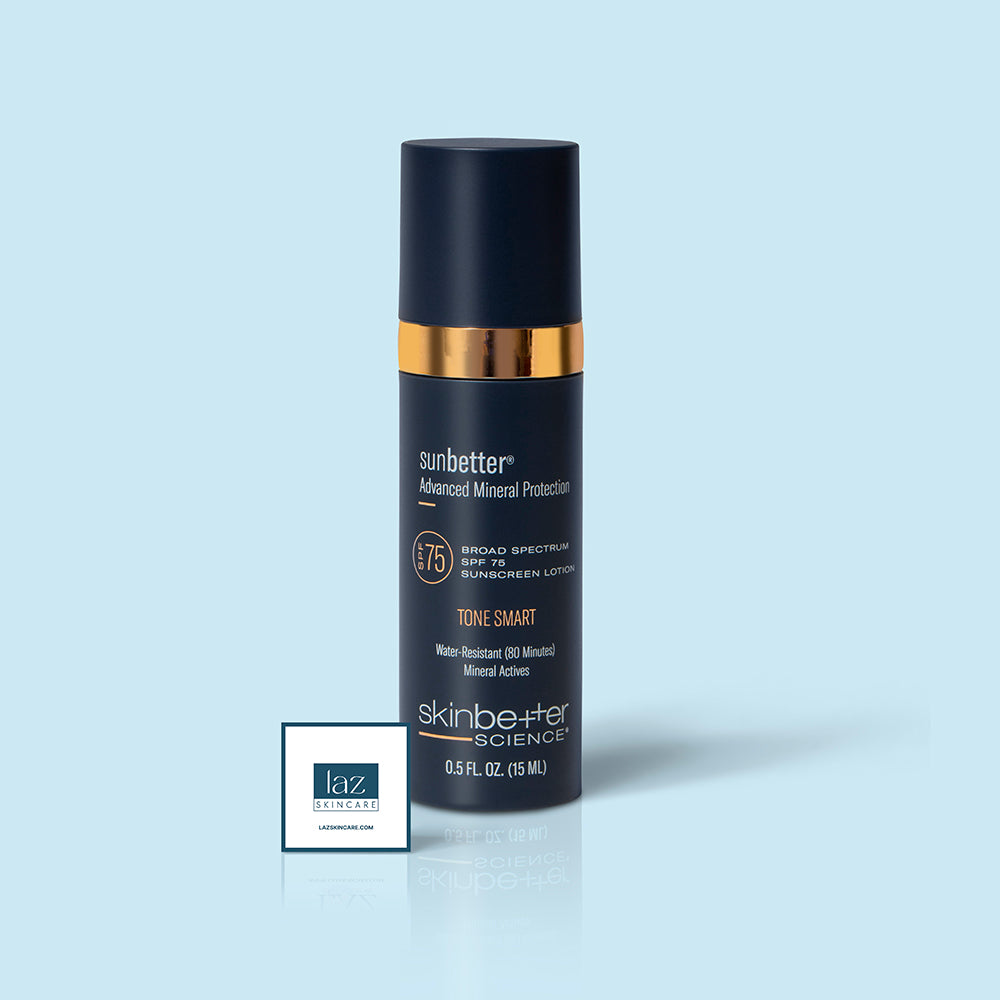
Sunscreen Tips For Sensitive Skin
Sunscreen is essential for sensitive skin protection. Proper selection and application are key.
Choosing Hypoallergenic Formulas
Opt for hypoallergenic sunscreens to avoid skin reactions.
- Look for labels that mention hypoallergenic or sensitive skin.
- Avoid fragrances and harsh chemicals in sunscreen.
- Consider mineral-based sunscreens like zinc oxide or titanium dioxide.
Managing Skin Irritations
Prevent and soothe skin irritations caused by sunscreen.
- Perform a patch test before full application.
- Cleanse skin thoroughly after sun exposure.
- Moisturize with gentle, non-comedogenic products.
Advanced Sun Protection Tips
Discover advanced sun protection tips for healthy skin with Skin Better sunscreen. Shield your skin from harmful UV rays and prevent premature aging with the latest SPF technology. Enjoy outdoor activities while maintaining smooth and youthful skin.
Using Sunscreen In Different Climates
When using sunscreen in various climates, it’s essential to consider the specific environmental conditions. In hot and humid climates, opt for a lightweight, oil-free sunscreen to prevent clogged pores and breakouts. Conversely, in cold and dry climates, choose a moisturizing sunscreen to combat the effects of low humidity.
In addition, for individuals living in high-altitude areas, it’s crucial to select a broad-spectrum sunscreen with a higher SPF to protect against increased UV exposure at higher elevations.
Extra Measures For Enhanced Protection
Incorporating additional measures alongside sunscreen application can provide enhanced sun protection. Wearing protective clothing, such as long-sleeved shirts and wide-brimmed hats, offers physical barriers against harmful UV rays. Seeking shade during peak sunlight hours, typically between 10 a.m. and 4 p.m., further reduces direct UV exposure.
Moreover, complementing sunscreen with antioxidants, such as vitamin C serums, can help neutralize free radicals generated by UV radiation, providing added protection for the skin.
Overall, by tailoring sunscreen usage to different climates and implementing supplementary protective measures, individuals can optimize their defense against sun damage and maintain healthier skin.

The Future Of Sun Protection
Protecting your skin from the sun’s harmful rays is crucial, and advancements in sunscreen technology are shaping the future of sun protection.
Innovations In Sunscreen Technology
New innovations focus on enhancing the efficacy and user experience of sunscreens.
Trends In Sunscreen Formulations
Modern sunscreen formulations are incorporating cutting-edge ingredients and textures.
Frequently Asked Questions
Is Skinbetter Medical Grade?
Yes, SkinBetter is medical grade, offering high-quality skincare products for effective results.
Which Brand Is Best For Sunscreen?
The best sunscreen brands include Neutrogena, La Roche-Posay, and EltaMD. Choose based on your skin type and needs.
Who Makes Skinbetter?
SkinBetter is made by a team of experts dedicated to creating advanced skincare solutions.
Can Estheticians Sell Skin Better?
Yes, estheticians can sell skin products effectively due to their expertise in skincare and knowledge of suitable products.
Conclusion
In a nutshell, Skin Better Sunscreen offers reliable protection against harmful UV rays. Its lightweight formula ensures comfortable wear, making it suitable for daily use. With its broad-spectrum coverage and nourishing ingredients, this sunscreen is a must-have for anyone looking to safeguard their skin from sun damage.



